The Most Important Tool for Self-Awareness
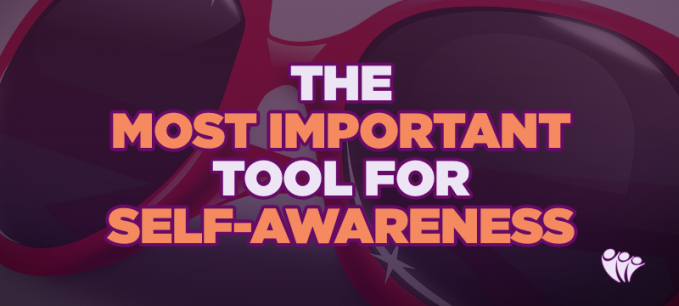
If you're serious about understanding what makes people happy, engaged, and full-filled — at work and in life — you must understand what motivates them. The most powerful motivation comes from within — from our core values. Yet, very few people can articulate their own values or are aware that all values can be traced back to half a dozen primary "motivators".

Motivators function like a compass: they determine what we love (what we want to move towards) and what we hate (what we want to move away from). A motivator might also be compared to a pair of tinted sunglasses. The "lens" of the motivator is something we have on at all times, colouring everything we see. The people, tasks, situations, and ideas that we encounter throughout the course of our lives will be appraised, as either stimulating or dull, according to our motivators.

Motivators are hidden below the surface and are not always easy to determine, even after lengthy conversations. Some people live their whole lives and never know what their true values are. Likewise, it is possible to live with someone for 50 years and not truly understand what motivates them.
The Motivators profile provides a powerfully simple model to understand and unlock the power behind our deepest values. The tool examines at person's core motivators across six distinct perspectives:
- Theoretical: A drive for knowledge and learning.
- Utilitarian: A drive for practicality, value and ROI.
- Aesthetic: A drive for beauty and creative expression.
- Social: A drive for compassion and helping others.
- Individualistic: A drive for uniqueness, status and to lead.
- Traditional: A drive for unity, order and a system for living.
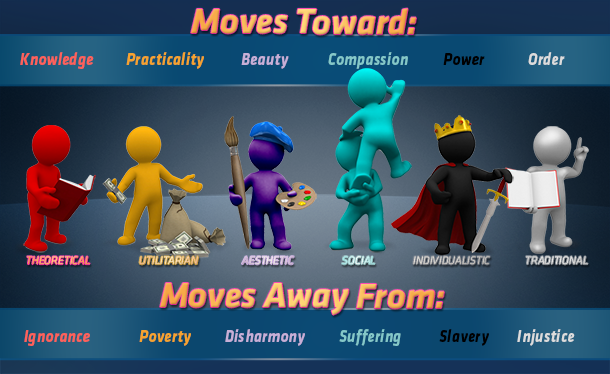
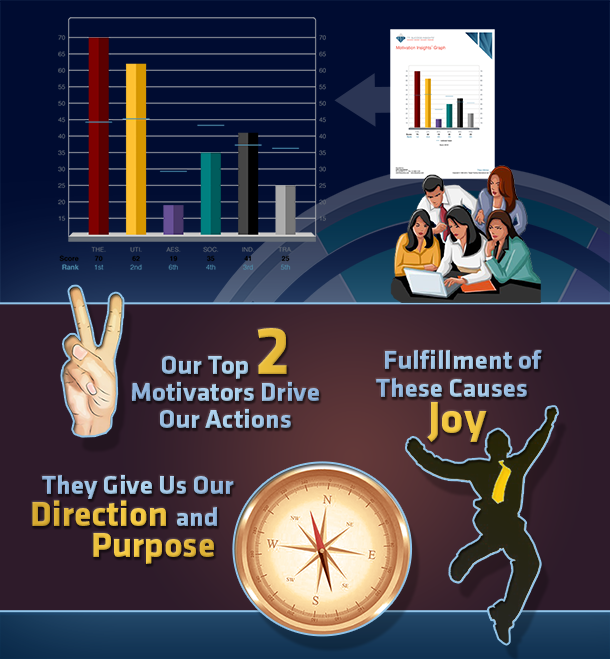
THE COMMON IDENTITIES: WHICH ONES ARE YOU?
To truly understand the Motivators assessment, it's important to understand the subtle distinctions among the six motivators. Each of the core six can manifest in different ways. Below are some of the common "identities" that might be used as part of the coaching conversation to help people identify and understand the nuances within each core motivator.
People often identify more with certain concepts linked to a motivator than others. Which ones do you identify with?
Theoretical
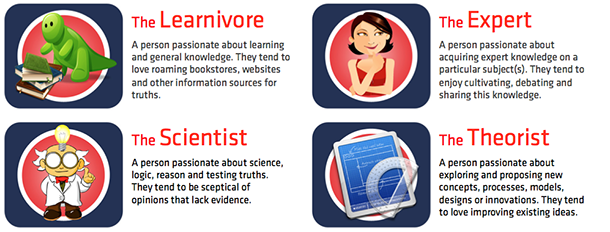
Utilitarian
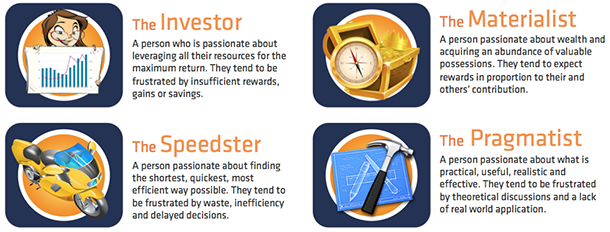
Aesthetic
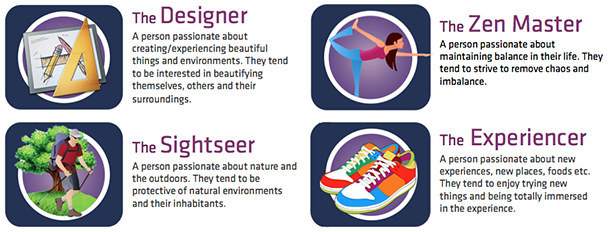
Social
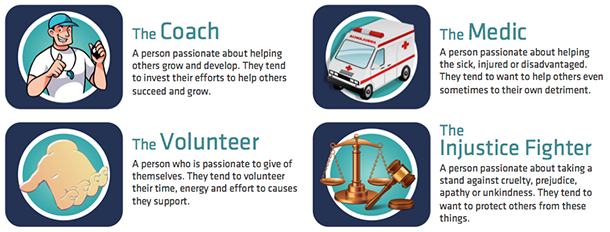
Individualistic
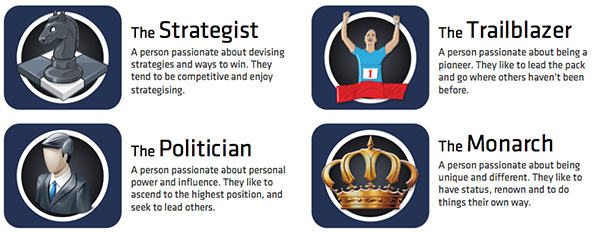
Traditional
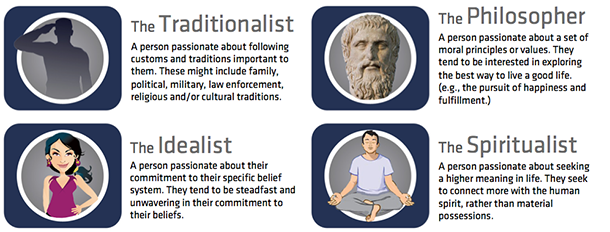
WHAT'S NEW IN THE MOTIVATORS REPORT?
The team behind the Motivators report has an exciting update: Driving Forces™. With this new section, the core 6 motivators have been expanded to 12 "driving forces".
In the original motivators graph, it would take an advanced understanding of the assessment to truly understand the importance of a person's lowest scores. Research has shown that people's lowest score in the old graph can actually be their strongest motivating factor. In other words, when we passionately dislike something, the motivation to avoid that thing can be stronger than our drive to gain something we value. This insight led to the development of Driving Forces™, which can be seen as a different way of illustrating the core six motivators — looking at both highs and lows.
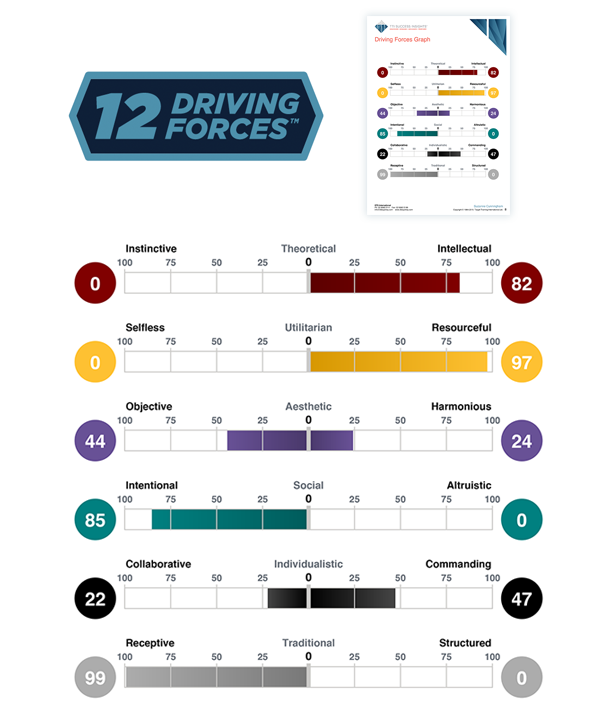
If you are currently using the Motivators report and would like to include Driving Forces™ in future reports, simply call or email us.
If you aren't already using the Motivators report, contact us today to get your free sample report.
Contact us by phone on 02 9360 5111 or by email info@dtssydney.com

Theo Winter
Client Services Manager, Writer & Researcher. Theo is one of the youngest professionals in the world to earn an accreditation in TTI Success Insight's suite of psychometric assessments. For more than a decade, he worked with hundreds of HR, L&D and OD professionals and consultants to improve engagement, performance and emotional intelligence of leaders and their teams. He authored the book "40 Must-Know Business Models for People Leaders."

/motivators%20profile%20in%20sales%20%26%20customer%20service.png?width=374&name=motivators%20profile%20in%20sales%20%26%20customer%20service.png)
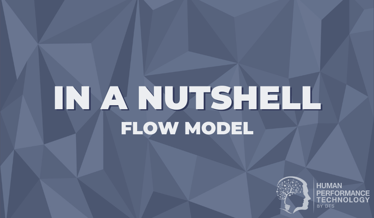
We Would Like to Hear From You (0 Comments)